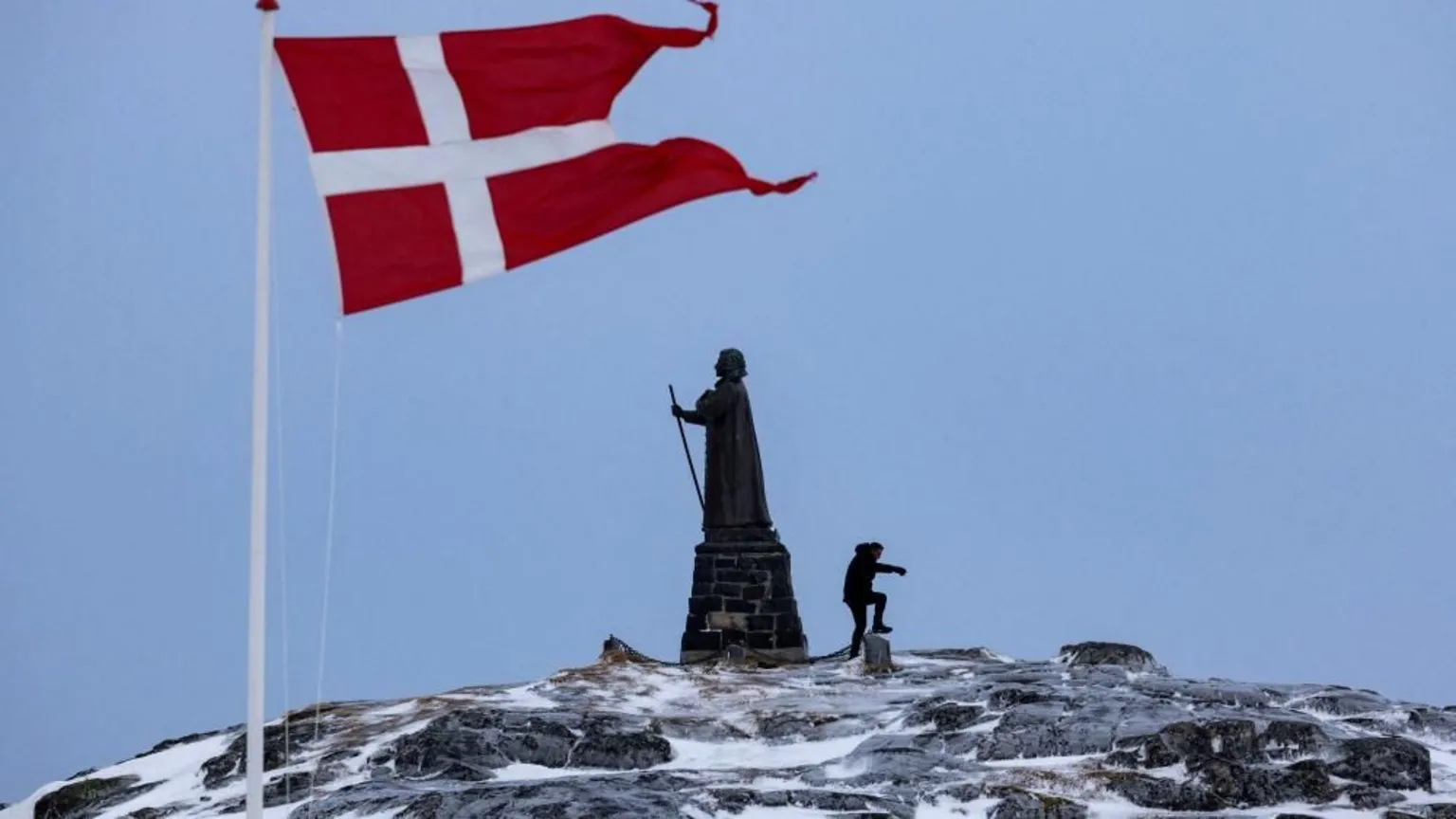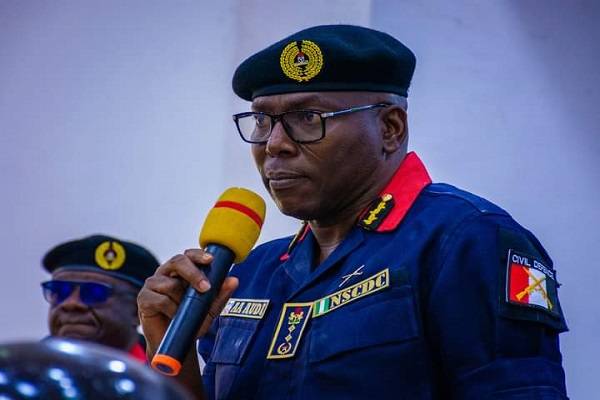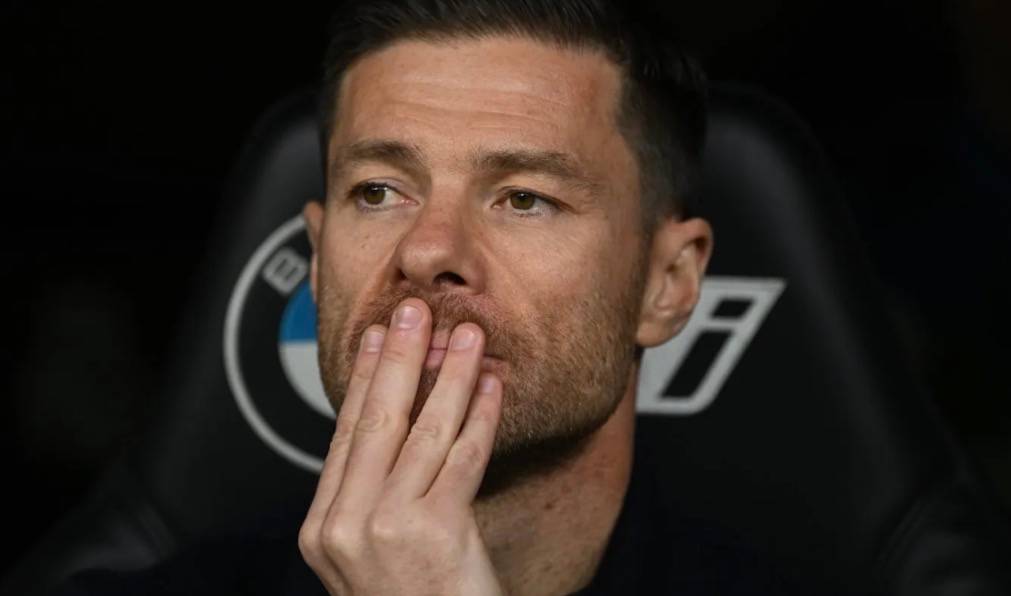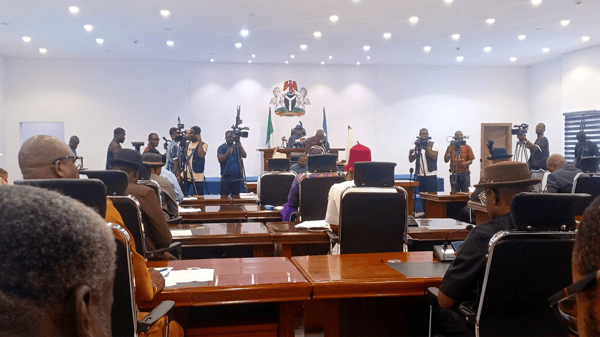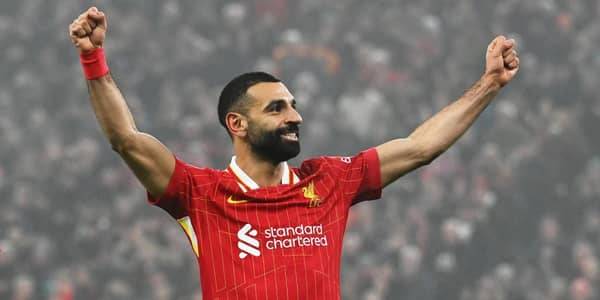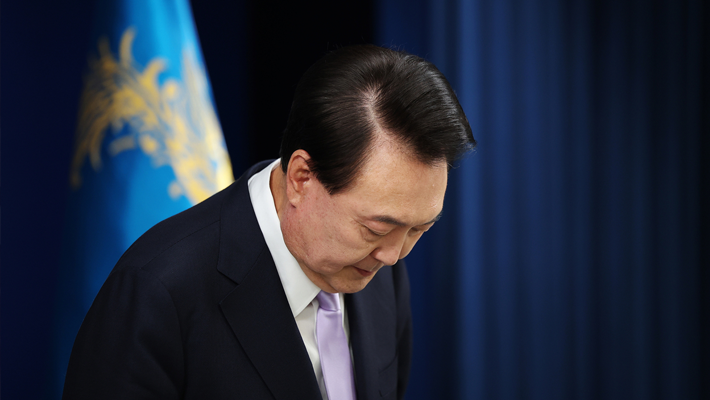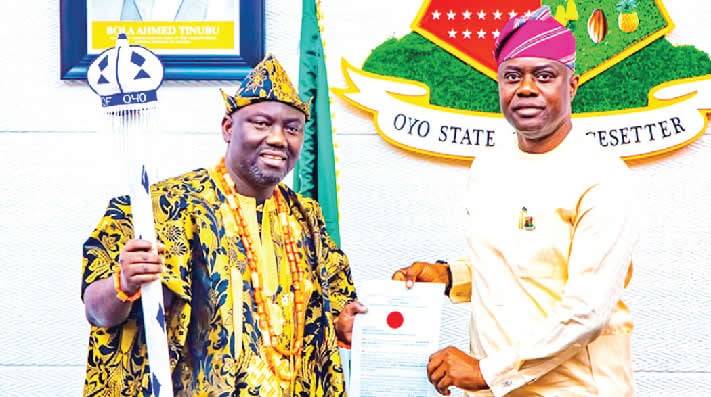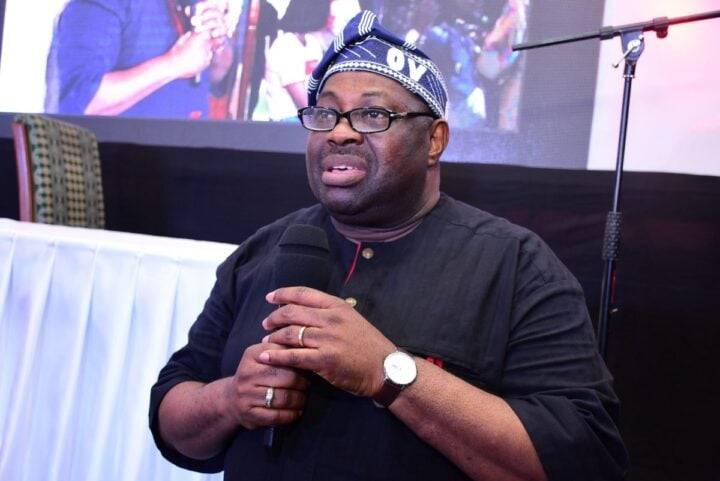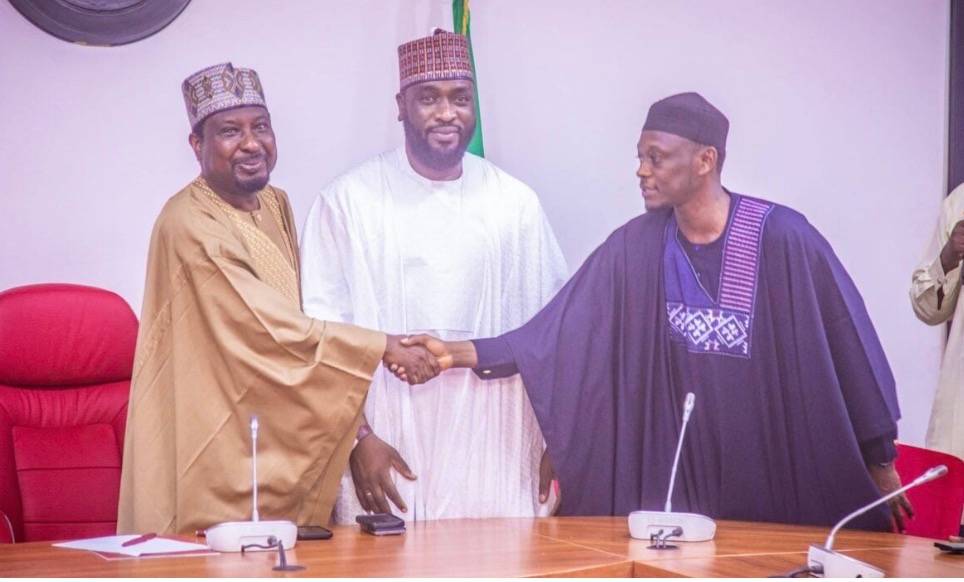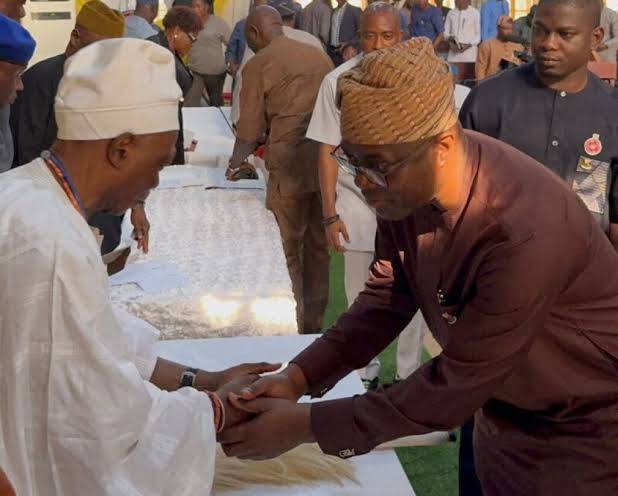By Palladium
The treasonable felony case against the Indigenous People of Biafra (IPOB) leader, Nnamdi Kanu, begun in one form or the other since 2015 is unlikely to end anytime soon. Returned once again to the trial court after many detours to the Court of Appeal and the Supreme Court, it is fated to snake its way back to the appellate courts. The charges against Mr Kanu, once 15, but now seven, will almost certainly be amended a few more times and hotly contested before its lifespan expires. Yet, it remains a case that is, strictly speaking, more political than legal. In terms of the legal side of the case, and given the jurisprudential labyrinth the case had navigated first between 2015 and 2017, and, after a clumsy and controversial three-year hiatus, between June 2021 and now, no one can tell which way the justice pendulum will eventually swing. But in terms of its politics, the case will try the patience of the federal government to its elastic limit, especially in the face of a pro-Kanu Southeast coordinated campaign which the Bola Ahmed Tinubu administration will find hard to discountenance. And who can even tell whether in the end the case will not be so stalemated that a political solution would have to be found that leaves all the honour with the undeserving Mr Kanu.
As testy as the Kanu case may be, it has strangely not yet become a cause célèbre. It won’t be, regardless of the defendant’s histrionics and the stumping rhetoric of the Southeast political elite. First arrested in October 2015, the IPOB leader was detained for about 18 months and his trial later commenced, and was eventually admitted to bail in April 2017. A few months later in September, he fled the country, citing the invasion of his home in Abia State by rampaging soldiers. For the next three years starting from 2018, after he had caught his breath, he had kept up a fiery propaganda against the federal government and individuals who drew his ire until security operatives rearrested him in Kenya and extraordinarily renditioned him back to Nigeria in June 2021 and later arraigned him on a 15-count charge. In April 2022, the trial court struck out eight of the 15-count charge for lacking in substance. And in October of the same year, the Court of Appeal, Abuja Division, quashed the charge against him, ordered his release, but later stayed the execution of the judgement, until the Supreme Court in December 2023 voided the appeal and ordered Mr Kanu to face trial on the subsisting seven-count charge. There are still cross-appeals, and Mr Kanu’s lawyers are insisting their client cannot be tried on the grounds that his rendition violated certain international treaties. Meanwhile, his bail application has just been turned down.
The Tinubu administration can rest assured that the legal rigmarole will know no end. The back and forth and the cut and thrust will certainly continue, legally and politically. In the interim, over the past few years, Southeast political and socio-cultural leaders, including Ohanaeze N’digbo, Igbo Union, and Southeast Governors’ Forum which met last Tuesday, have repeatedly called for Mr Kanu’s release. The campaigns, whether strident or equanimous, did not ruffle ex-president Muhammadu Buhari’s feathers. Though President Tinubu does not shirk difficult situations or political jigsaws, he must now find the wisdom and courage to contend with the vexing issue. The country will wait to find out whether he can resist the blandishments of the five Southeast governors, two of whom belong to the ruling All Progressives Congress (APC), and most of whom actually warm the cockles of his heart. It is a delicate situation, but not irresolvable. Whatever the president does, he cannot afford to delay a decision till close to the next general election. What he is being called upon to decide is not the legal purity of the case against Mr Kanu, whether innocent or guilty as charged, but very clearly the politics of it. A former Ohanaeze Ndigbo president, Nnia Nwodo, had in 2017 campaigned for the IPOB leader’s release. And in 2021, Southeast leaders under the aegis of Highly Respected Igbo Greats also pleaded with ex-president Buhari to release Mr Kanu. Now is the time for the president to show that he respects the region and their leaders.
It is indeed time President Tinubu cut to the chase. The evidence against Mr Kanu is weighty and profound, but it is now time to lend a sympathetic ear to Southeast leaders, including their governors who will soon be seeking an audience with him. It will be inexpedient for the president to wait for the courts to complete Mr Kanu’s trial. He should dialogue with an expanded meeting of Southeast leaders led by their governors to determine the framework by which the IPOB leader would be released. They should give guarantees, for Mr Kanu is as flamboyant and irrepressible as he is garrulous, incitive and mendacious. The IPOB leader has little or no qualms, lacks any sense of moderation, and comes closest than any living Nigerian to the perfect definition of an anarchist. Indeed, his guarantors would be hard put to keep him mollified and untalkative. He charms crowds as well as holds them in thrall like a liege lord. Depriving him of the propagandist fuel that gives him essence would be a tough job for the region’s governors and political elite. Yes, they need him to end the security nightmare that keeps the region on edge, for he appears central to the resolution of that tricky problem in a way the Southwest’s tempestuous Sunday Adeyemo, aka Sunday Igboho, was not, but they will then have to grapple with the prohibitive cost of keeping him soundless and motionless after his release.
If President Tinubu heeds the governors when they visit him, it will not be because he hopes to get political mileage from that munificence. Unlike the late civil war rebel leader Emeka Odumegwu Ojukwu who was pardoned in May 1982 and drafted inelegantly into the National Party of Nigeria’s reelection campaign, Mr Kanu has a visceral loathing for the president. He will neither campaign for nor support, directly or indirectly, President Tinubu. In fact, as the last elections showed, the rather insular Southeast would prefer to support their own candidate or a northern candidate for the presidency. Ebonyi and Imo State may belong to the APC column, and Anambra’s more liberal and cosmopolitan governor Chukwuma Soludo, a professor of Economics, may have inspiring view of how the Igbo can produce a credible presidential candidate, but the ordinary south-easterner appears inclined towards voting a non-Southwest candidate into the presidency for historical and perhaps cultural reasons. The president must, therefore, have no illusions about what political advantage Mr Kanu or even the entire Southeast would confer on him, as the implacable ex-president Buhari also found out in 2015. Despite all this, releasing Mr Kanu is probably the best thing to do, both at the humane and political levels, whether he acknowledges his wayward views or not.
It is pointless keeping Mr Kanu prancing on hot judicial coals. If he is released now, especially after years of trial, bail violation, and controversial rendition, President Tinubu will have all the honour. Mr Kanu’s captive supporters and reluctant admirers will rally triumphantly around the region, and the president may not even get the deserved credit that should accrue to him. But the region’s elites would know who to give all the honour. More than that, the ball of keeping Mr Kanu quiet and his narcissism in check would thereafter fall in their court, and they must play it deftly and sensibly lest it should tear, go offside, or go out of play. But if the president will not discontinue the trial, he will find little profit in keeping Mr Kanu in a case that could never serve as a deterrent to sensible or senseless self-determination advocates. The president may even later discover that after releasing the IPOB leader, his supporters may begin insulting the administration, arguing that he was released because it was no longer tenable to keep him.
No one should bother about such posturing, especially seeing how regionwide the campaign to free him has become. It is crucial to know that the region has reached the end of its tether in finding a solution to the bloodletting orchestrated by unknown gunmen desecrating the Southeast. And since the region’s governors take Mr Kanu’s word for it when he suggested during one of his court appearances that he could end the violence in Igboland, the federal government has nothing to lose giving them what they want. After all, years of militarising the region and erecting interminable checkpoints have done little to stanch the flow of blood or win the federal government goodwill.
More importantly, it is also time President Tinubu infused a healthy dose of populism into his politics and administration. Even if releasing Mr Kanu does not appear to be legally sound, it is sound populism. So far, the president has seemed to eschew the populist act of reaching accommodation with the Academic Staff Union of Universities (ASUU) by paying them their eight months withheld salaries. Yet, before he assumed office last year, and despite showing keen interest in placating them, he has left them holding the short end of the stick.
More, he has also seemed to be in a quandary over the campaign for lower electricity tariffs. Hopefully, in the coming weeks, he will rekindle his intuitive grasp of Nigeria’s political dynamics beyond his incomparable capacity to strategise electoral triumphs. Apart from reaching an agreement with ASUU and keeping youths in school with upgraded facilities, he will also hopefully relieve the country of inflationary pressures, set personal examples starting with his office, and, after meeting the Southeast governors, release Mr Kanu.
Culled from The Nation



